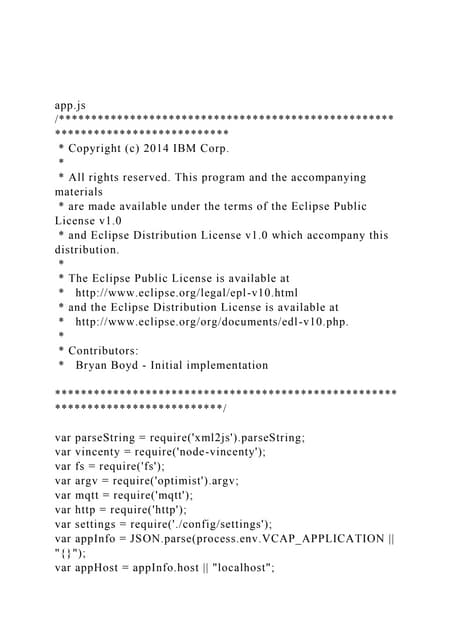The legislation has been updated. Click on these hyperlinks to study extra:
2018 Adjustments to Common Recycling Legislation
2019 Adjustments to Vermont Stable Waste Regulation
Read the 2019 Common Recycling Status Report
Discover findings from the Common Recycling Stakeholder Group
Key Documents
Common Recycling Timeline
Common Recycling Abstract
Universal Recycling, As Enacted Into Law in 2012 (Act No. 148, previously H.485); was changed in 2018 and 2019
Why the Universal Recycling Regulation Handed Unanimously
Nearly half of what Vermonters throw away could possibly be diverted from landfills.
Only about 35% of Vermont's "waste" will get recycled, composted, or reused. That's on par with the nationwide average recycling charge of 35% (U.S. EPA), and when the Universal Recycling law was passed, this fee hadn't modified for more than 10 years. The chart beneath exhibits what was in Vermont's trash in 2018 (by weight). The remaining goes in the trash, and finally to a landfill. Inexperienced categories can be composted and blue categories include many recyclables. If everybody recycled and composted, Vermont might minimize its landfill waste by virtually half.
Significant options exist for uneaten meals and food scraps
When meals scraps end up in landfills, they launch powerful methane gasoline that contributes to local weather change. What's the use of landfilling uneaten meals when we are able to feed our neighbors, feed animals to produce local eggs and meat, or create wealthy soil and renewable power merchandise as a substitute? The Universal Recycling Law outlines how Vermont companies and residents ought to prioritize what occurs to meals waste to realize better good:
Fundamental Options of the Law
Parallel Collection: Trash assortment sites, similar to switch stations, "the dump", and bag drops, must additionally gather blue-bin recycling and food scraps. Trash pick-up companies should provide recycling decide-up and must cost residential prospects one mixed fee for each trash and recycling. This fashion, households don't must determine whether or not or to not recycle primarily based on their wallets. Trash choose-up corporations must additionally provide meals scrap choose-up to nonresidential customers and condo buildings with four or extra residential models, until one other hauler will present the service.
Unit-Based Pricing or "Pay-As-You-Throw": All Vermont towns had to require waste collectors to cost for trash based mostly on its quantity or weight. Similar to paying for the quantity of electricity used as an alternative of a flat price, folks in Vermont can pay much less in the event that they produce much less trash.
Public House Recycling: To make recycling more handy, any trash container in a public house must be accompanied by a recycling container. Public areas embrace city streets, parks, municipal workplaces, faculties, and extra; bathrooms are exempt.
Phased-In Meals Scrap Ban: Businesses and institutions that produce large quantities of food scraps-larger eating places, shops, cafeterias, and meals manufacturers-have been required to keep their meals scraps out of the trash earlier than residents. This phased-in method created demand for meals scrap pick-up companies and prompted investments in food scrap collection and processing infrastructure. Beginning July 1st, 2020, everybody in Vermont had to start maintaining their meals scraps out of the trash.
Universal Recycling Downloads: free download of symbols, bin indicators for recycling, meals scraps, and trash
More than a regulation. It is rethinking the longer term.
What if we could maintain regional markets that transform used office paper, cardboard, mail, 徳島市 税理士 相続税 envelopes, and magazines into new printing paper? Save colossal amounts of power by inserting aluminum cans and foil in the recycling bin as an alternative of the trash? If everybody in Vermont recycles just six issues, on a regular basis, we will obtain a forty percent recycling price---protecting 100,000 tons of precious materials from being dumped. Be taught extra about easy methods to recycle.
What if we might feed hungry Vermonters with surplus contemporary foods from retailers and restaurants that cannot be used, and help those businesses save money in the process? When your food is about to spoil, what when you thought of making a rich soil modification in your backyard, supporting native egg production, or higher yet...powering clean, renewable vitality machines on Vermont dairy farms? That is the future of our uneaten good food and the kitchen scraps that get left behind. If everybody in Vermont composted or had their food waste collected, we can achieve a sixty % recycling charge---and help our native food system and hungry neighbors. Learn extra about where your food scraps can go.

